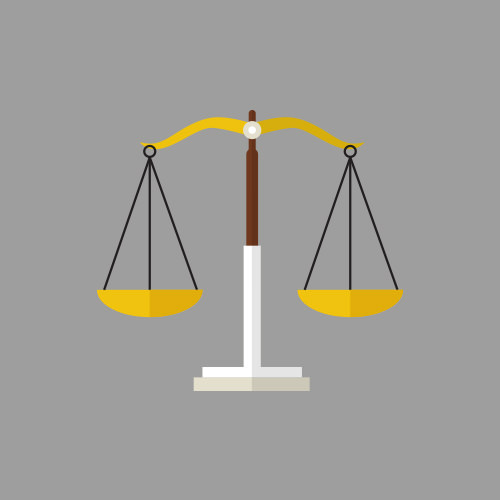

Arbitrary coherence free#
Since free markets won’t maximize our utility, government regulation becomes really attractive. Phenomena like this debunk the traditional notion that the market forces of supply and demand determines optimal price. After which, they assume an “arbitrary coherence,” meaning however arbitrary the initial price was, once established and “imprinted,” it will shape the present and future price (thus its coherence). Just like when a gosling hatches and unquestioningly assumes the first moving thing it sees is Mom (called imprinting), just so do we uncritically accept the price of a new product we’ve never seen before.

It’s a psychological myopia that it would be best to be detached from. Areily proves this phenomenon with a few of his own experiments (BTW … If I were a student of M.I.T., I’d be really weary about becoming duped by one of this guy’s “experiments,” most which occur on campus and involve some degree of manipulation … but they’re still fun to read about.) Ariely connects this over-valuation to our fear of change and of loss.

Endowment Effect: This effect describes how we tend to value what we own more than others would.Sure the cheaper bread machine is more appealling, but do you really need a bread machine period. The way to overcome this effect is to think more broadly. By comparison, you come out far more appealing than you would otherwise. He also notes how you can use this decoy effect for evil in singles situations by hanging out with a friend slightly less attractive or witty. As a result, the original model start selling. The solution: add another bread machine, but one that’s 50% more expensive. He uses the alarming example of a kitchen equipment store that couldn’t sell the one bread machine model they had. However, if you introduce a third option, a trip to Rome without free breakfast (the decoy), people will tend to choose the trip to Rome with free breakfast over the similarly priced and breakfasted trip to Paris. For example, it’s difficult to compare(and thus choose between) similarly priced vacations to Paris that’ll include free breakfast and one to Rome that will also include free breakfast. As a result, our preference to make comparisons between things that are similar can influence when we’re confronted between two options that aren’t similar (and furthermore how pricing strategists take advantage of this preference). Decoy Effect: Ariely describes how we don’t choose on the basis of absolutes (“How good is this thing?”) but instead focus on the relative advantages of one thing over another (“Is this thing better than that thing?”).Here are a few insights/ideas that struck me: Ariely focuses on the predictable ways in which we are ridiculous.

I just finished Dan Ariely’s Predictably Irrational: The Hidden Forces That Shape Our Decisions, which is in the recent tradition of popular behavioral economics-type books (which includes Freakonomics, Buyology, Logic of Life, Nudge…all which are pretty worthwhile).


 0 kommentar(er)
0 kommentar(er)
